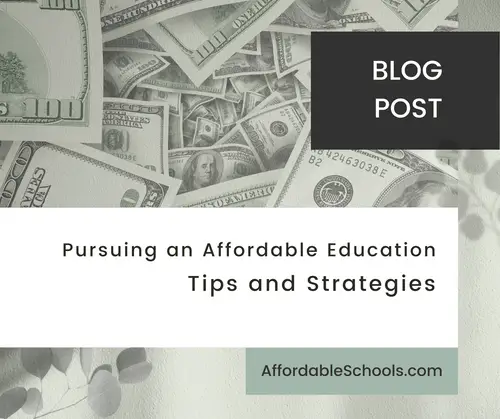For many students, the cost of higher education can be a major impediment to educational success. However, there are numerous options available to make these opportunities more affordable. Here is an overview of some of these financing methods, as well as tips for how to effectively apply for them and maximize one’s chances of receiving funding.
Grants and Scholarships
Grants and scholarships are both excellent sources of free money for college expenses; however, it is important to note that grants generally require financial need while scholarships typically do not. Grants can come from federal or state agencies as well as from private organizations like churches or corporations. Many schools also offer their own grants or awards based on academic performance or merit. It is important to research each grant thoroughly in order to determine its eligibility requirements and application process. Additionally, it is wise to apply for as many grants as possible in order to increase the chances of receiving aid.
Student Loans
Student loans can be obtained through the federal government or through private lenders such as banks. Federal student loans usually have lower interest rates than private loans, so they should be the first choice when seeking financing for college expenses. It is important to carefully review all the terms of a loan before signing any documents, including interest rates and repayment options. Additionally, federal student loans often provide deferment periods which allow borrowers more time if necessary to repay their loans without accruing more interest or penalties.
Work-Study Programs
Work-study programs are federally sponsored employment opportunities that allow students to earn money towards college expenses by working part-time jobs at their school or in their community. These jobs may be related directly to the student’s course of study or simply involve general labor tasks such as cleaning buildings or running errands in exchange for wages that go directly towards educational costs.
Alternative Financing Options
In addition to grants, scholarships, and student loans, there are other creative ways students can finance their education such as crowdfunding websites like GoFundMe or family loans with stipulations such as no interest payments until after graduation if certain criteria are met. These options should only be considered after exhausting all other forms of assistance due to the potential risks involved with private arrangements like these without proper legal documentation in place prior to taking out the loan.
Pursuing an education can seem overwhelming due to financial constraints but there are numerous resources available–from grants and scholarships to work-study programs–to help make this dream a reality! With careful research on eligibility requirements and application processes for each option plus an understanding of alternative financing methods, students can find an affordable path towards achieving their educational goals!







